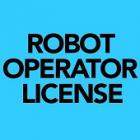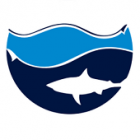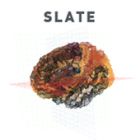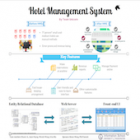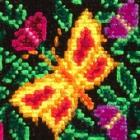
Ride Finder
Ever thought about exploring Seattle on a bike without getting lost? Ever wish to be more active while meeting with friends? Find a great group ride and go! Cascade Bicycle Club offers more than 2,500 group rides annually, ranging from leisurely jaunts to longer endurance rides. Some are urban and some are in the greater Puget Sound region. Free for everybody. This great resource has been living on the website of Cascade Bicycle Club, but with mobile becoming the first screen for more of us, it got less convenient to access everyday. Now with the “Ride Finder” app, you can have these awesome group rides right on your fingertips, whether you’re chilling out in the backyard, or trying to get some quick planning done on the go. It will find you the perfect group ride to join based on your personal needs in just a few easy clicks.

